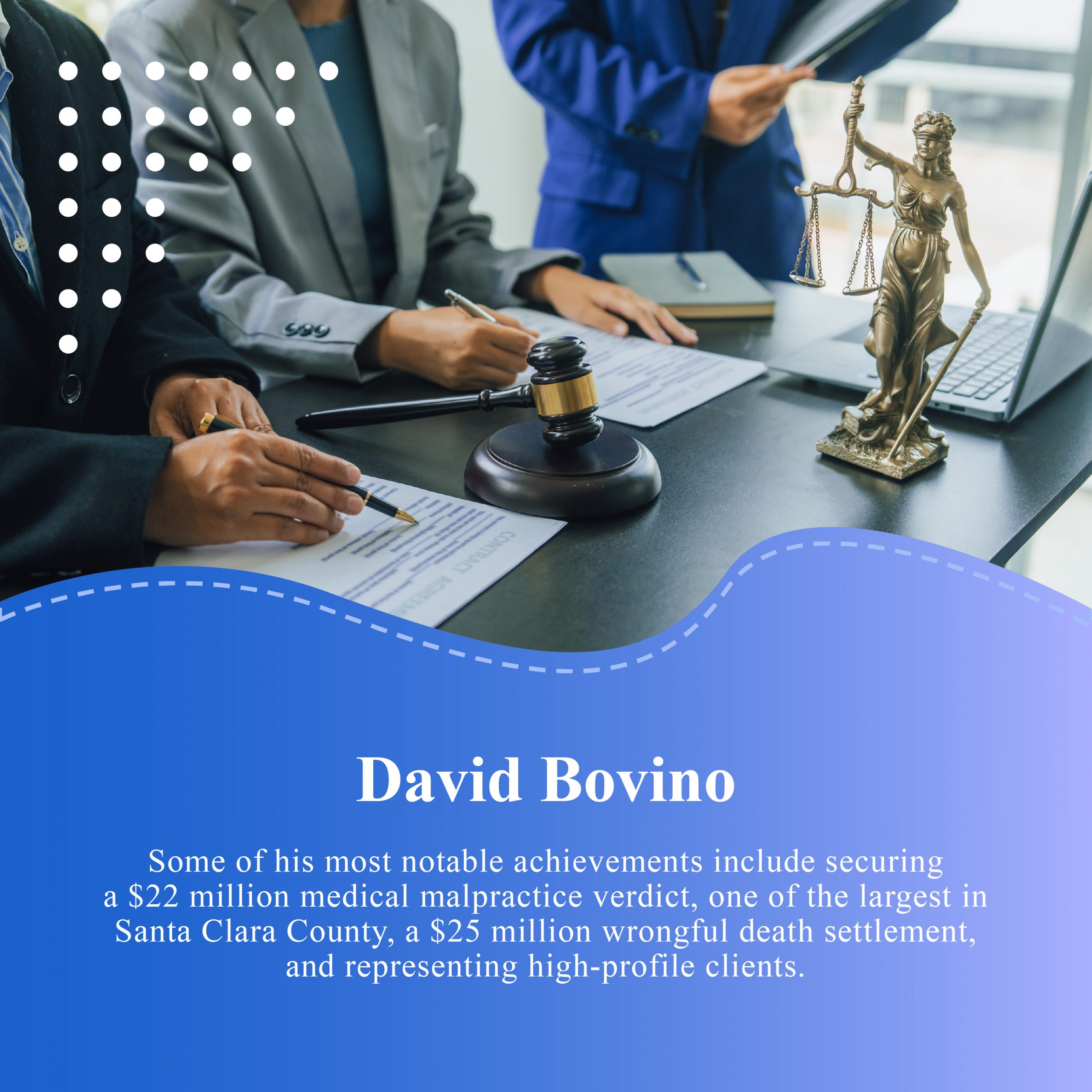
Leadership has always been critical to the success of organizations, governments, and societies. However, the concept of leadership is dynamic; it evolves with changing societal norms, technological advancements, and global events. This article delves into the evolution of leadership, examining current trends and making predictions for the future.
The Historical Context of Leadership
Historically, leadership was often viewed through the lens of command and control. Leaders were typically those in positions of authority who directed and managed subordinates to achieve organizational goals. This model was prevalent in the early industrial era, where efficiency and hierarchy were paramount.
As societies progressed, so did the understanding of effective leadership. The mid-20th century saw the emergence of new theories, such as transformational and servant leadership, which emphasized the importance of inspiring and empowering followers. Leaders were no longer just managers; they became visionaries and motivators.
Current Trends in Leadership
Today’s leadership landscape is vastly different from that of the past. Several key trends are shaping the way leadership is perceived and practiced in contemporary organizations.
Emphasis on Emotional Intelligence
Emotional intelligence (EI) has become a cornerstone of effective leadership. Leaders with high EI are better equipped to understand and manage their own emotions, as well as those of their team members. This leads to improved communication, stronger relationships, and a more cohesive work environment. In today’s diverse and dynamic workplaces, the ability to empathize and connect with others is invaluable.
Inclusivity and Diversity
Modern leaders are increasingly recognizing the value of inclusivity and diversity. Inclusive leadership not only fosters a sense of belonging among team members but also drives innovation by bringing together a variety of perspectives. Organizations are actively seeking leaders who can champion diversity and create an environment where everyone feels valued and heard.
Agility and Adaptability
The rapid pace of technological change and global interconnectedness demands leaders who are agile and adaptable. The ability to pivot quickly in response to new challenges and opportunities is crucial. Agile leaders are not wedded to a single strategy; instead, they are flexible and open to new ideas, continuously learning and evolving.
Focus on Well-being
Employee well-being has become a significant focus for modern leaders. The COVID-19 pandemic highlighted the importance of mental and physical health in the workplace. Leaders are now more attuned to the needs of their employees, promoting work-life balance, mental health initiatives, and supportive work environments.
Digital Leadership
The rise of remote work and digital communication tools has created a new breed of leaders: digital leaders. These individuals excel at managing virtual teams, leveraging technology to enhance productivity, and fostering a sense of community in a digital space. Digital leadership skills are becoming essential as organizations continue to embrace hybrid and remote work models.
Predictions for the Future of Leadership
As we look to the future, several emerging trends are likely to shape the evolution of leadership even further.
Ethical Leadership
With increasing scrutiny of corporate behavior and organizations’ impact on society and the environment, ethical leadership will become paramount. Future leaders will need to prioritize ethical decision-making, transparency, and accountability. The ability to navigate complex ethical dilemmas and maintain integrity will be critical.
Sustainability and Social Responsibility
Leaders of the future will need to integrate sustainability and social responsibility into their core strategies. Stakeholders, including customers and employees, are demanding more responsible and sustainable practices.
Tech-Savvy Leadership
As technology continues to advance, leaders will need to stay ahead of the curve. Understanding emerging technologies such as artificial intelligence, blockchain, and quantum computing will be essential. Leaders who can harness these technologies to drive innovation and efficiency will have a competitive edge.
Global Mindset
The future of leadership will require a global mindset. As businesses operate in an increasingly globalized world, leaders must be culturally aware and able to navigate international markets. This includes understanding geopolitical dynamics, cross-cultural communication, and global economic trends.
Resilience and Crisis Management
The frequency and impact of global crises, from pandemics to climate change, highlight the need for resilient leadership. Future leaders will need to be adept at crisis management, able to lead their organizations through uncertainty and emerge stronger. This involves not only immediate response capabilities but also long-term strategic planning and risk management.
The evolution of leadership is a testament to the dynamic nature of our world. As societal values, technological advancements, and global challenges continue to evolve, so too will the qualities and skills required of influential leaders. Emotional intelligence, inclusivity, agility, digital proficiency, ethical decision-making, sustainability, tech-savviness, global awareness, and resilience are all defining features of the future leader. By understanding and embracing these trends, today’s leaders can prepare for the challenges and opportunities that lie ahead, ensuring their organizations thrive in an ever-changing landscape.
Litigation Leadership with David Bovino
“We are known for our creative, aggressive litigators and willingness to take on challenging cases. We outthink and outflank our opponents and understand how to win for our clients. Extensive trial experience and are always trial-ready, representing plaintiffs and defendants in every area of litigation. We are committed to pursuing aggressive and innovative approaches to our client’s most challenging legal matters.”